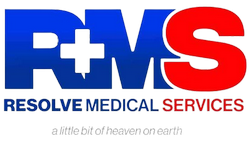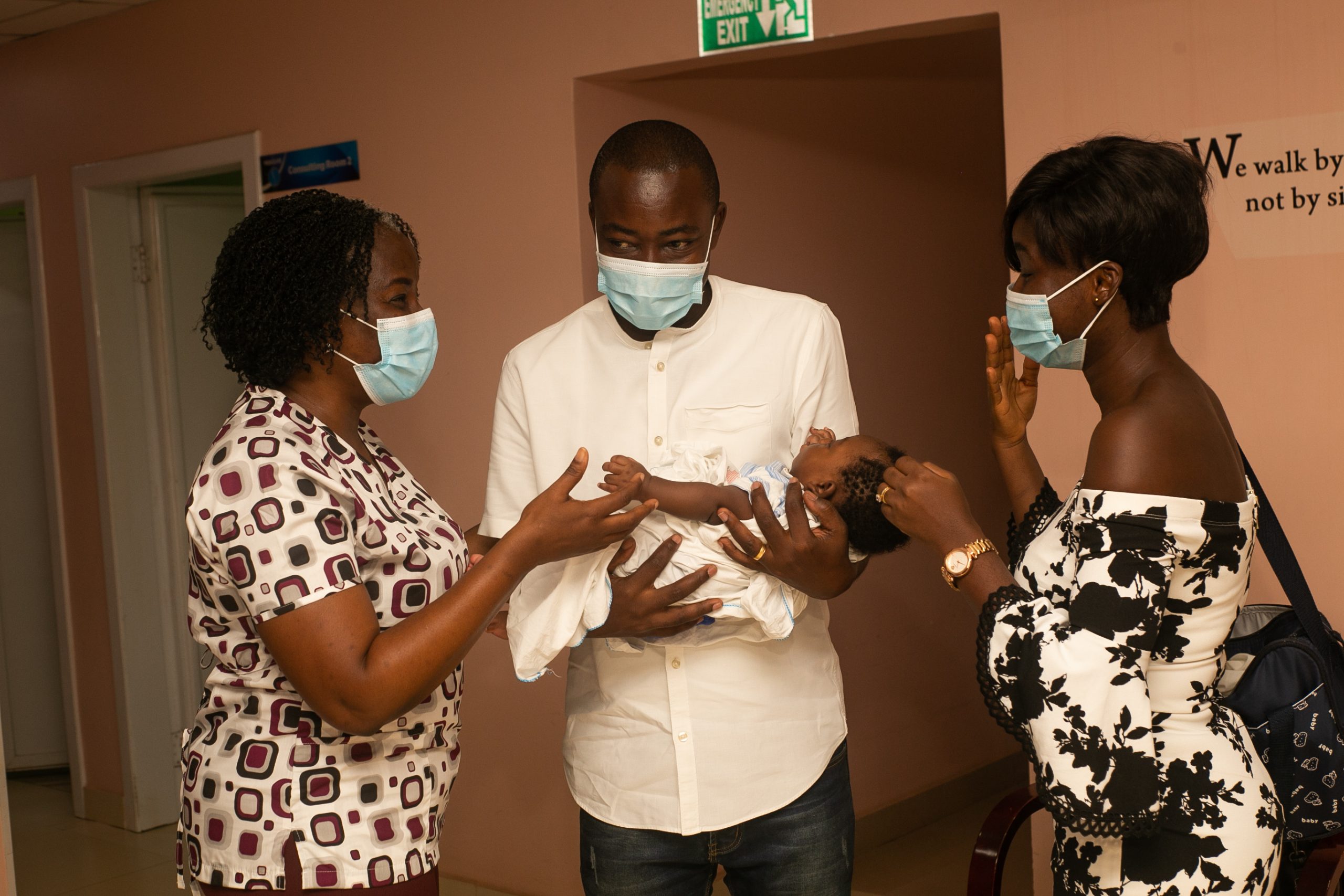Pregnancy is a life-changing experience that can be both exciting and overwhelming. As an expecting mother in Ghana, it’s essential to have access to reliable information and resources to navigate this journey with confidence. In this article, we’ll provide a comprehensive guide to help you make informed decisions and ensure a healthy pregnancy.
Understanding Pregnancy
Pregnancy is a complex process that involves significant physical, emotional, and hormonal changes. It’s crucial to understand the different stages of pregnancy and what to expect during each trimester.
- First Trimester (Week 1-12): This period is critical for fetal development. You may experience symptoms like morning sickness, fatigue, and mood swings.
- Second Trimester (Week 13-26): You’ll start to feel more energetic, and your baby’s movements will become more pronounced.
- Third Trimester (Week 27-40): Your baby will continue to grow, and you may experience discomfort, back pain, and Braxton Hicks contractions.
Choosing a Healthcare Provider
Selecting a reliable healthcare provider is vital for a healthy pregnancy. In Ghana, you can choose from various options, including:
- Obstetricians: Specialized doctors who care for pregnant women and deliver babies.
- Midwives: Trained professionals who provide prenatal care, attend births, and offer postpartum support.
- Public Health Facilities: Government-run hospitals and clinics that offer affordable healthcare services.
When choosing a healthcare provider, consider factors like:
- Experience and qualifications: Ensure your provider has the necessary training and experience in obstetrics.
- Accessibility and availability: Choose a provider with convenient locations and flexible appointment schedules.
- Communication style: Select a provider who listens to your concerns, answers questions, and provides clear guidance.
Prenatal Care
Regular prenatal check-ups are essential for monitoring your health and your baby’s development. During these visits, your healthcare provider will:
- Monitor fetal growth and development: Track your baby’s progress, detect any potential issues, and provide guidance on fetal movement and well-being.
- Check for complications: Identify and manage conditions like gestational diabetes, hypertension, and preeclampsia.
- Provide guidance on nutrition and lifestyle: Offer advice on healthy eating, exercise, and stress management.
Nutrition and Lifestyle
A balanced diet and healthy lifestyle are crucial during pregnancy. Focus on:
- Eating nutrient-rich foods: Include plenty of fruits, vegetables, whole grains, lean proteins, and healthy fats in your diet.
- Staying hydrated: Drink plenty of water and limit sugary drinks.
- Exercising safely: Engage in gentle exercises like walking, swimming, or prenatal yoga.
- Managing stress: Practice relaxation techniques like meditation, deep breathing, or reading.
Preparing for Childbirth
Childbirth can be a daunting experience, but preparation can help. Consider:
– Childbirth education classes: Learn about the birthing process, pain management options, and postpartum care.
– Creating a birth plan: Outline your preferences for labor, delivery, and postpartum care.
– Building a support network: Surround yourself with loved ones, friends, or support groups who can offer emotional support.
Postpartum Care
The postpartum period is critical for new mothers. Ensure you:
– Get enough rest: Prioritize sleep and ask for help when needed.
– Breastfeeding support: Seek guidance on breastfeeding techniques, overcoming challenges, and maintaining milk supply.
– Emotional support: Connect with loved ones, support groups, or mental health professionals if you’re experiencing anxiety, depression, or other emotional challenges.
Accessing Resources in Ghana
Ghana offers various resources for expecting mothers, including:
– Public Health Facilities: Utilize government-run hospitals and clinics for affordable healthcare services.
– Private Healthcare Providers: Consider private hospitals, clinics, or midwives for personalized care.
– Community-Based Programs: Participate in community-based initiatives that promote maternal and child health.
– Online Resources: Leverage online platforms, forums, and social media groups for information, support, and connection with other expecting mothers.
Conclusion
Pregnancy is a unique journey that requires confidence, support, and reliable information. By understanding the different stages of pregnancy, choosing a healthcare provider, and accessing resources, you can navigate this journey with confidence. Remember to prioritize your physical and emotional well-being, and don’t hesitate to seek help when needed.
As an expecting mother in Ghana, you’re part of a vibrant community that values family, culture, and tradition. Embrace this journey, and know that you’re not alone. With the right support and resources, you’ll be well-equipped to care for yourself and your baby.
Additional Resources
For further information and support, consider the following resources:
– Ghana Health Service: A government agency that provides healthcare services and promotes health initiatives.
– World Health Organization (WHO): A global organization that offers guidance on maternal and child health.
– Local support groups: Join online







Comments are closed